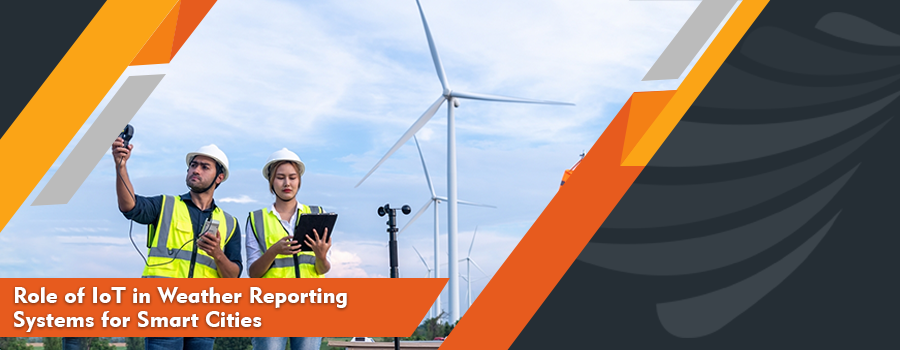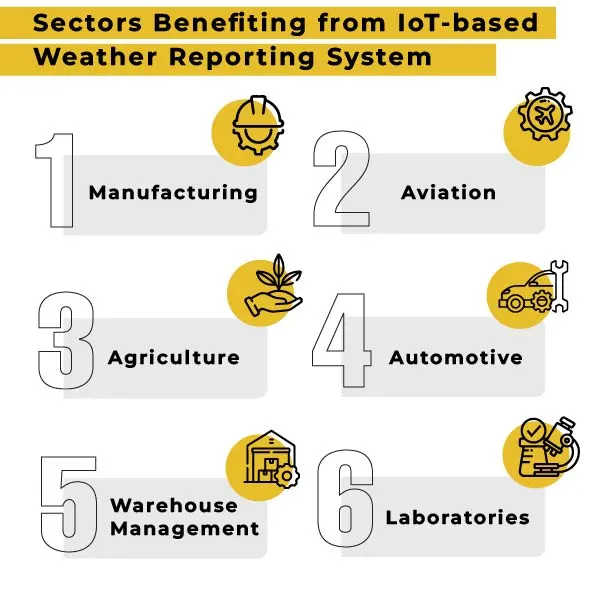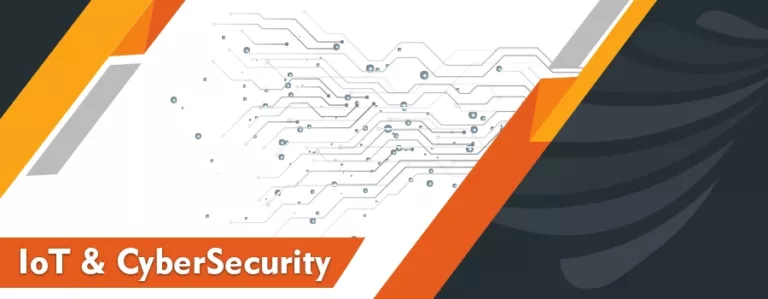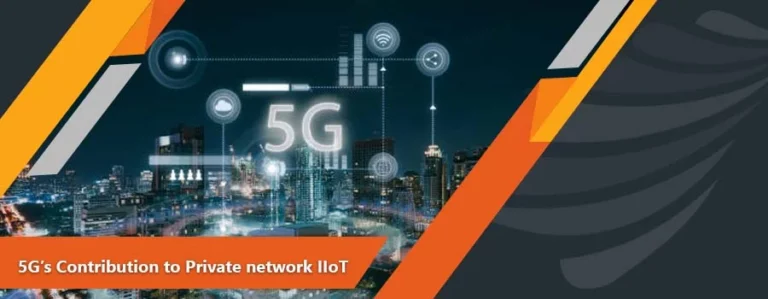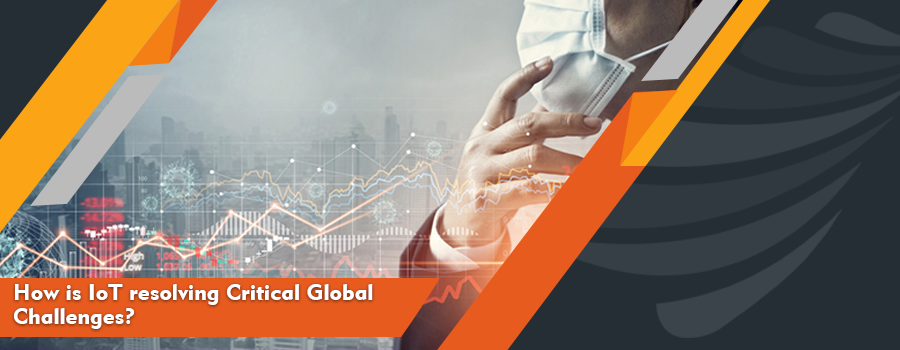Have you ever noticed that the weather is becoming unpredictable? Or have you experienced a phase of sudden turn of the cold winds into hurricanes or an extremely sunny day to heavy rain?
If yes, we are here to answer your questions.
Traditional weather forecasting systems have become unreliable. The reason is global warming is cracking the stable weather system. Sunny days have become long, and winters have become short. Even the rainy season has become erratic and irregular. If faulty weather reporting continues, there will be an enormous increase in unpredictable storms, hurricanes, and floods. It will later turn the survival of the people in this world impossible.
How is IoT in Weather Reporting Systems changing the world?
IoT and machine learning have revolutionized the traditional weather reporting system and made it highly accurate, reliable, and efficient. The newly designed IoT-based weather reporting system has emphasized monitoring and controlling unmanageable weather conditions. IoT implementation helps to measure physical parameters at a particular place in real-time and store data in the cloud for immediate and accurate analyses.
Moving a step ahead, when the internet connects with weather stations, IoT provides accurate weather prediction, and information gets available rapidly anywhere in this world.
Sensor devices, smart vehicles, drones, and wireless connections at different locations detect climate changes and other related details such as CO2 level, wind speed, temperature, soil moisture, rainfall, and humidity. The system receives data from these devices, which is then stored and transferred wherever required via microcontrollers and cloud computing. In this way, IoT implementation has also made weather forecasting possible in different geographical terrains that are difficult to navigate. It has also reduced the need to go physically in extreme weather conditions for reporting.
Wireless weather monitoring and forecasting positively affect different industries. IoT-based weather monitoring systems are in high demand and revolutionizing various sectors. To illustrate, it makes the implemented projects more efficient and smarter such as smart office buildings, home automation, and control systems.
Reasons to invest in IoT-based Weather Reporting System
Many businesses depend on accurate weather forecastings or reporting, such as healthcare, agriculture, aviation, transportation, automation, warehouse, laboratories, and manufacturing.
Implementing an IoT-based weather reporting system helps monitor small and impactful climate changes constantly. It allows businesses to take necessary actions to prevent themselves from experiencing extreme losses and complete company shutdowns. Maintenance cost is also quite low, making it easy to implement in every sector.
The top features that will benefit the business are security alerts, hourly forecasts, climate maps, localized maps on their systems or mobile phones, real-time warning, and early and accurate weather prediction.
Other than this, when businesses make the right decisions based on the analyses of collected real-time weather data and other parameters, they can make a strong market position and high customer satisfaction. Ultimately, the businesses will grow without facing extreme hurdles.
Sectors Benefiting from IoT-based Weather Reporting System
Manufacturing
A manufacturing plant can experience critical and unpredictable weather conditions that may lead to complete system failure. Even some small alterations in humidity and temperature can impact advanced-level projects. For example, a certain moisture level might impact glue adherence, affecting product quality. Also, extreme cold or hot weather can impact workers’ productivity. It also results in increased chances of accidents and health issues for workers.
Aviation
In the aviation industry, it plays a top-notch role. Pilots need the most accurate and reliable data to make the right decision during flight and before. The right prediction of weather helps pilots to prevent conditions of extreme turbulence and crashes. Hence, its implementation saves thousands of lives of people who travel via airline.
Agriculture
With the increasing issue of global warming, depletion of natural resources, and natural disasters, the demand for advanced weather monitoring systems is increasing in the agricultural industry. The IoT-based weather monitoring system allows vulnerable farmers to decide on investment, harvesting, and crop fertility intelligently. From harvesting and sowing to irrigation and soil preparation, the right weather prediction helps in experiencing profit, increasing crop production, and better management. Also, the collection of real-time data assists in better transportation and fewer risks of accidents.
Automotive
With the increasing trends of technological adoption, cars are modernizing. Engineers who work on modern vehicles, such as driverless cars, collect data about driving behavior to form advanced and reliable designs. The integration of real-time weather data analytics in these cars makes it easy to predict how weather conditions may impact the drivers. In this way, it increases the safety of drivers and passengers.
Warehouse Management
The success of warehouse management is to store products safely and prevent them from corrosion and hazardous situation. Many products are sensitive to humidity and temperature; therefore, there is a need to monitor these parameters in real time. As per the need, the warehouse managers can track weather changes and adjust the temperature accordingly. This implementation helps minimize the cost of inspection, ensure product safety and reduce the chances of accidents.
Laboratories
Unpredictable climate changes can render ongoing experiments and scientific discoveries involving chemicals. There is a huge impact of temperature alterations on chemical compositions, biological samples, and volatile compounds. The study subjects may also be affected, and errors may occur in the final results. Considering all these incidents, it is vital to implement IoT-based weather monitoring systems in laboratories. It allows laboratory professionals to perform their tasks in a controlled environment.
In a Nutshell…
Due to the increasing issue of unpredictable weather changes, there is a need for innovation in traditional weather forecasting. Iot-based weather monitoring systems allow accurate and reliable prediction of weather conditions. For businesses, this system helps them to initiate a project at a specific location and time. It also helps them design the infrastructure that can resist any predictable extreme conditions and take necessary actions for safety respectively.

